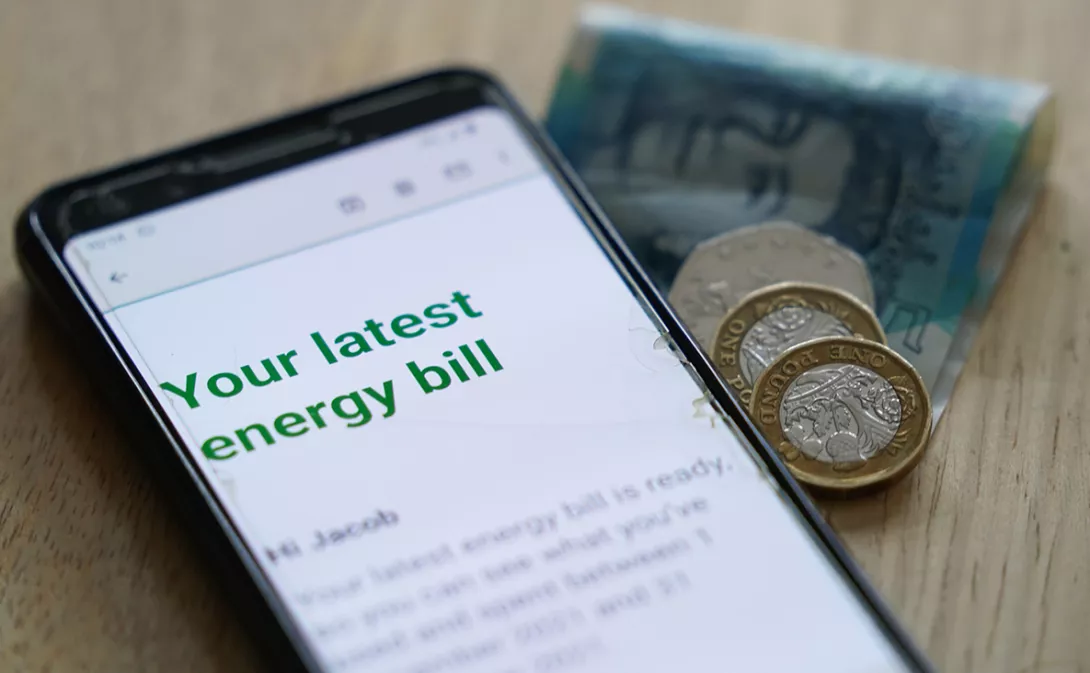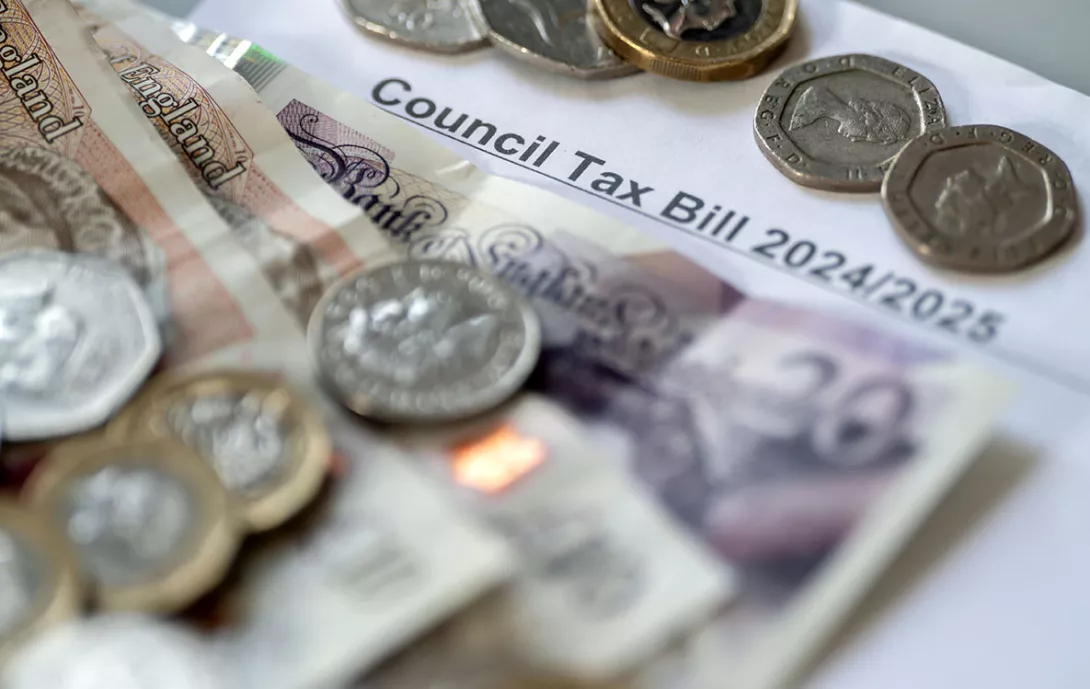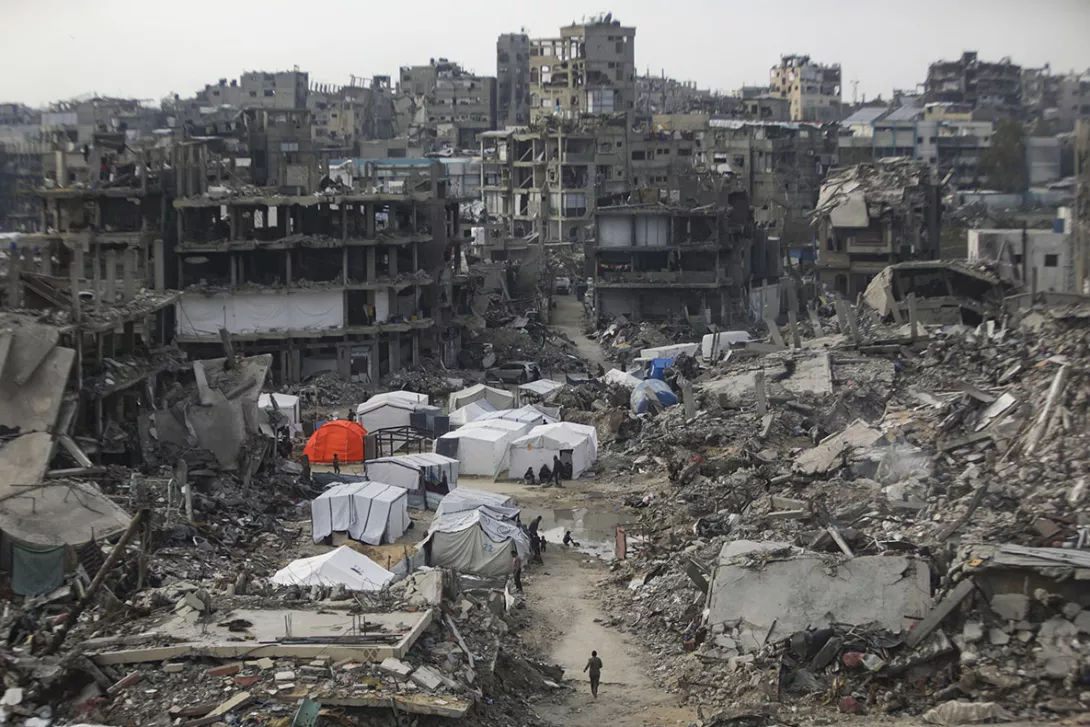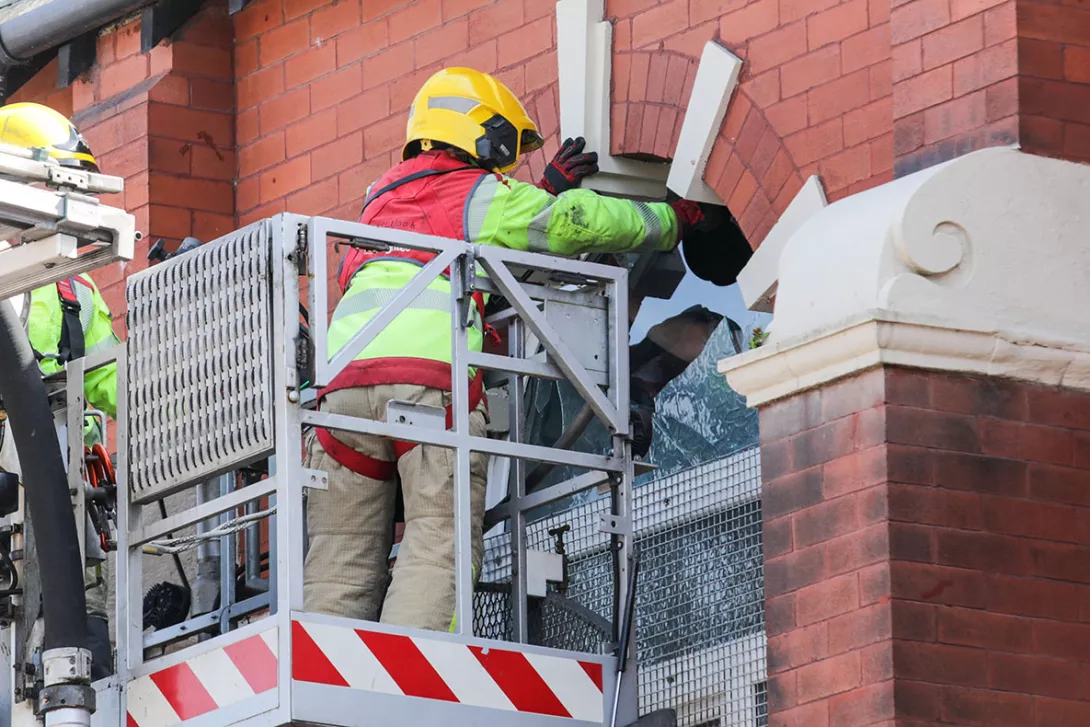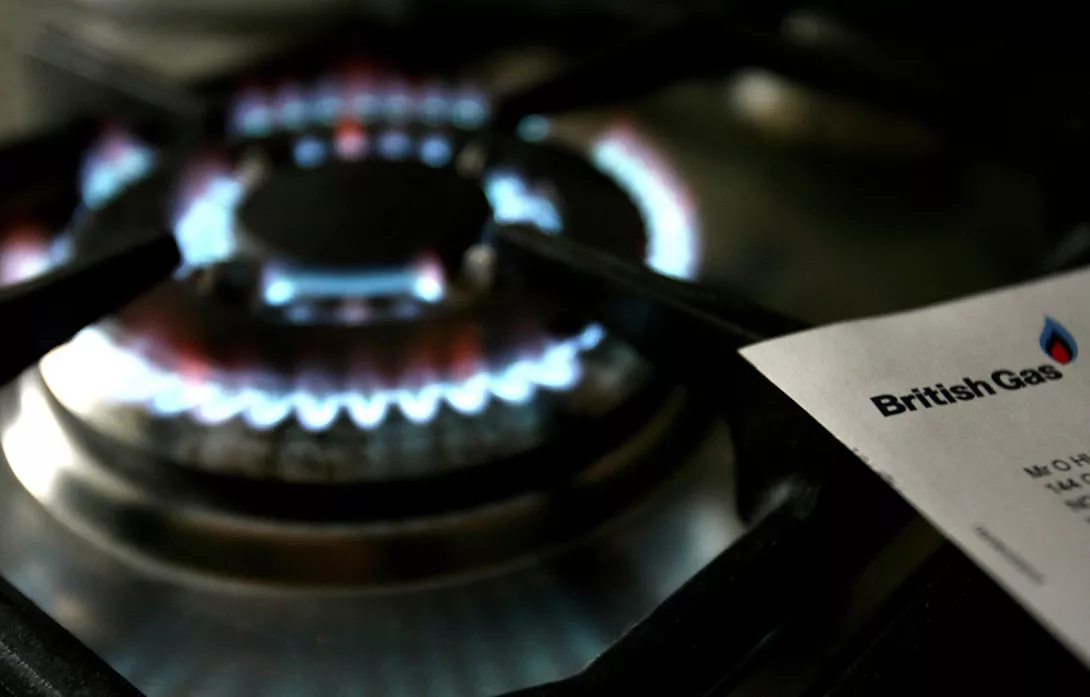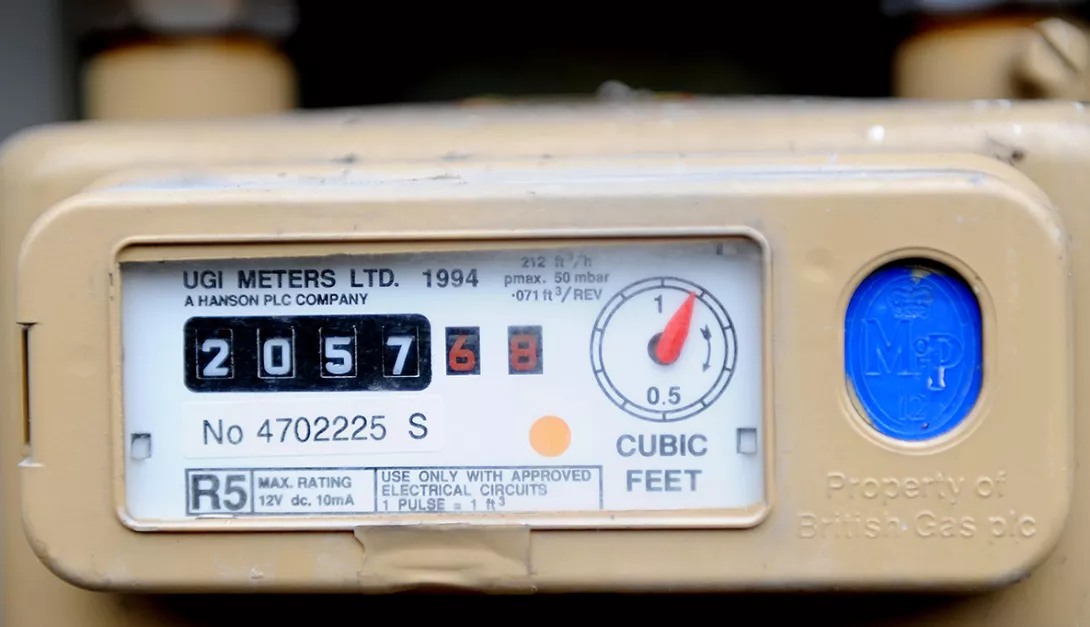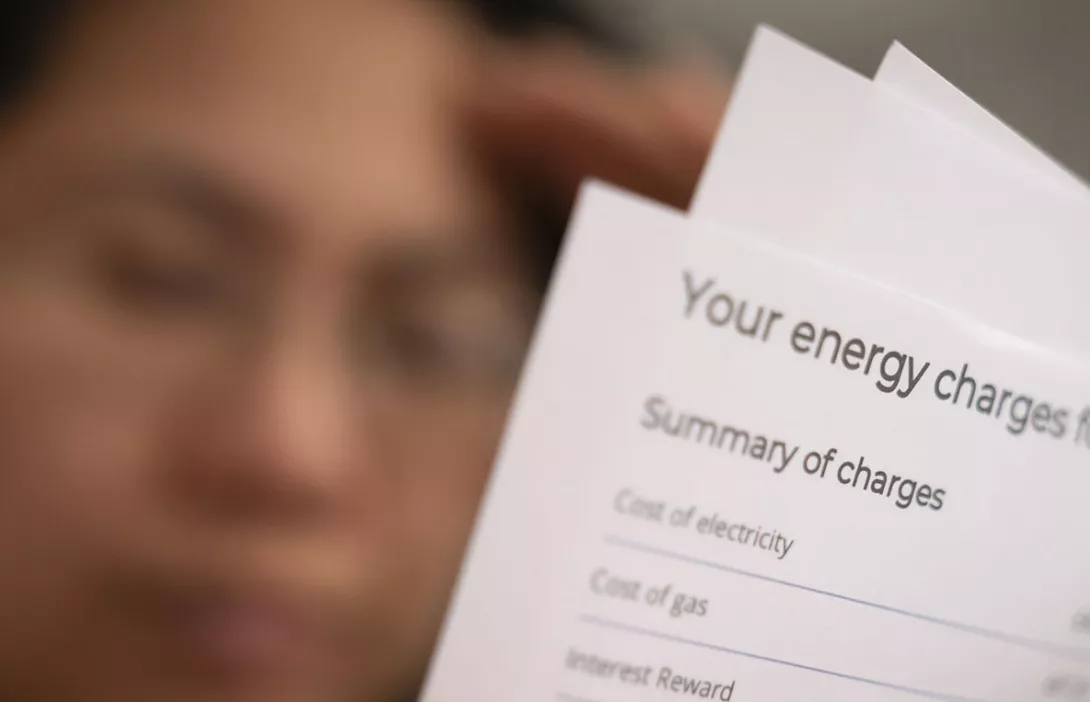Ofgem energy price cap could have been £500 lower, campaigners say
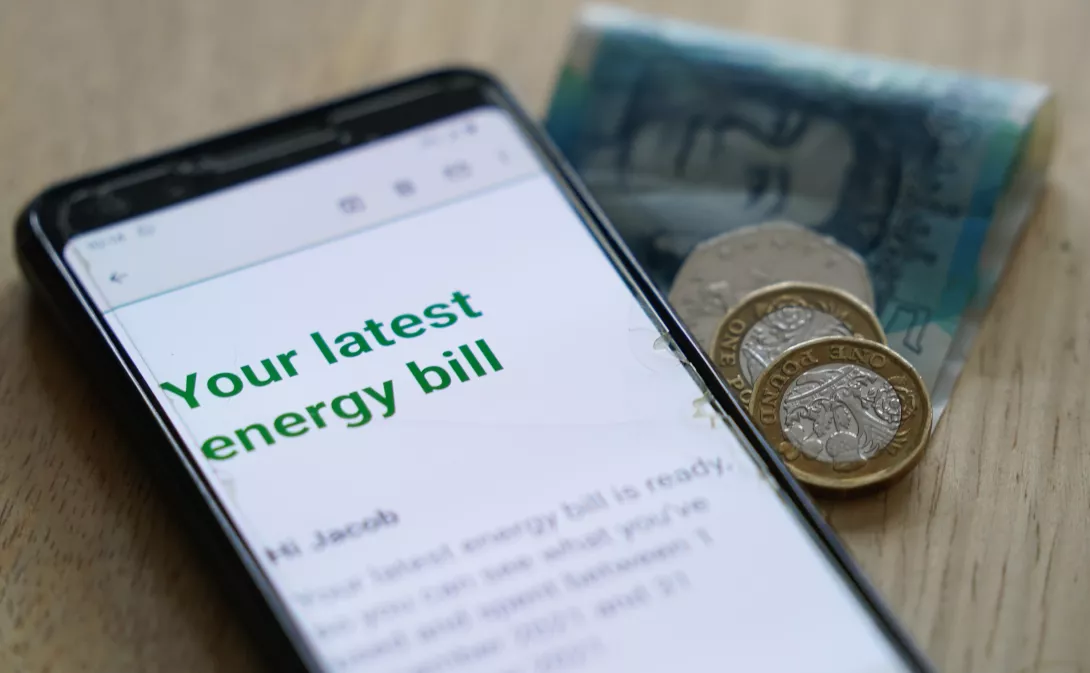
THE energy price cap, set by Ofgem and which took effect today, could have been £500 lower if it reflected Britain’s “broken energy system,” campaigners said.
Insulating homes, reducing standing charges and removing VAT from energy bills would have reduced the cap to £1,071.98 — £496.62 lower than what the average household is going to be paying, according to an analysis by the End Fuel Poverty Coalition.
The new price cap will lower energy bills by around 7 per cent, but forecasters expect the cap to rise again by around 10 per cent in October.
More from this author
Similar stories
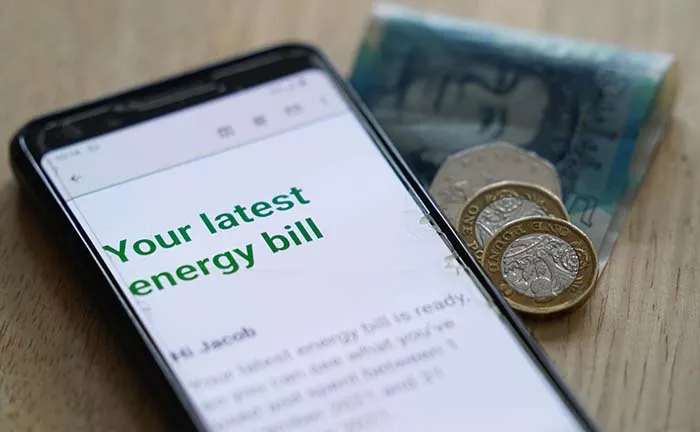
by Ceren Sagir
Social affairs reporter










